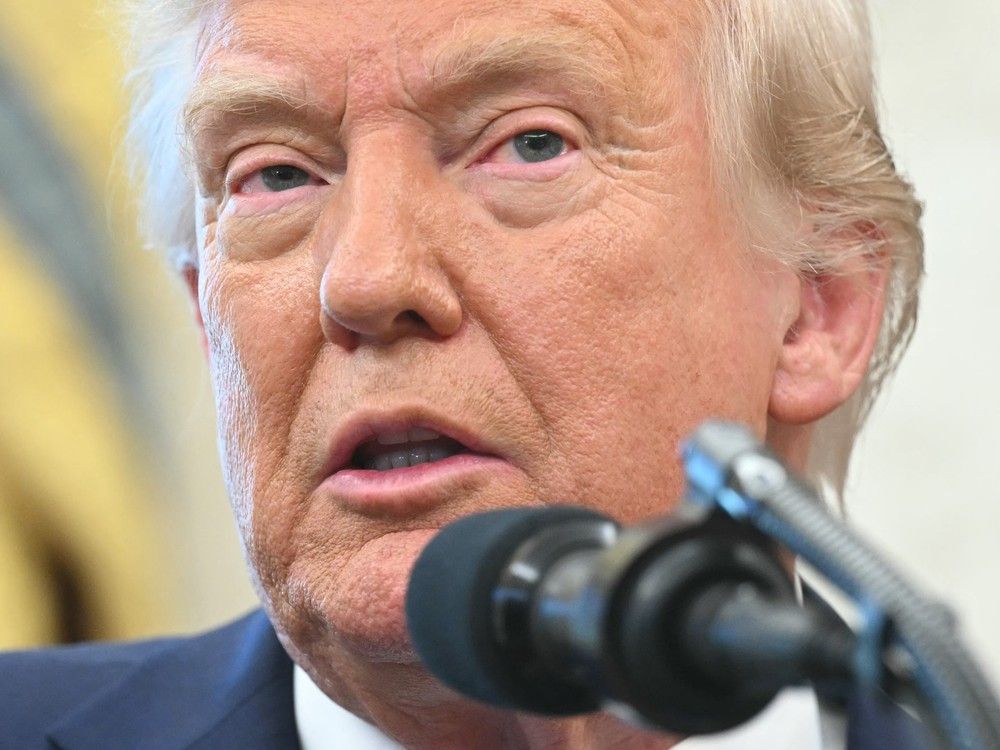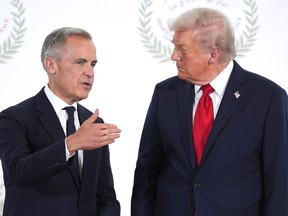Politics
Indigenous Voices Demand Change from Within, Not Outsider Influence

The recent peace agreement in Gaza, celebrated by former U.S. President Donald Trump, has drawn skepticism from various observers, including Indigenous affairs columnist Doug Cuthand. He argues that true change must originate from within the communities directly affected, rather than being imposed by outside forces. Cuthand emphasizes that the recent negotiations largely overlooked the voices of both Israelis and Palestinians, reducing their roles to mere background figures in a political spectacle.
According to Cuthand, the history of Indigenous peoples in Canada illustrates that significant progress arises from grassroots movements rather than top-down interventions. Over the past five decades, Indigenous communities have transitioned from oppressive boarding schools to educational opportunities at universities, and from small-scale economic endeavors to successful multi-million dollar corporations in the resource sector. This evolution, he argues, showcases the importance of self-determination and collective action.
The impact of colonialism has been profound, with Indigenous leaders facing challenges from various external influences throughout history. Cuthand points out that many well-meaning outsiders have attempted to dictate what is best for Indigenous peoples, often overlooking the importance of cultural traditions and community-driven solutions. He notes that the painful history of these interactions has led to a realization that progress must come from within the communities themselves.
A case in point is the ongoing struggle against addiction within Indigenous populations. Cuthand recalls how individuals, upon leaving boarding schools, often found themselves unprepared for life, leading to issues such as alcohol abuse. Through collective efforts and a growing social consciousness, attitudes towards addiction have shifted, with peer pressure playing a crucial role in making alcohol abuse socially unacceptable. This change demonstrates that internal community dynamics can foster significant social progress, independent of external pressures.
Turning to current events, Cuthand highlights the economic repercussions of Trump’s policies on Canada. The former president’s comments regarding Canada as a potential “51st state” and the imposition of tariffs have prompted many Canadians to reconsider travel to the United States. This grassroots movement, while not politically organized, reflects a collective sentiment that is adversely affecting the American travel industry, costing billions in lost revenue.
In the context of the fragile ceasefire between Israel and Palestine, Cuthand stresses the necessity for moderates from both sides to engage in meaningful dialogue. He acknowledges the difficulties posed by the deep ideological and emotional divides, yet insists that any viable resolution must come from within the affected communities rather than being externally imposed.
As Cuthand concludes, the path to lasting peace and change lies in the hands of the people directly involved. The historical lessons learned by Indigenous communities serve as a powerful reminder that true progress is often achieved through collaboration and shared aspirations rather than reliance on outside actors.
-

 World3 months ago
World3 months agoScientists Unearth Ancient Antarctic Ice to Unlock Climate Secrets
-

 Entertainment3 months ago
Entertainment3 months agoTrump and McCormick to Announce $70 Billion Energy Investments
-

 Science3 months ago
Science3 months agoFour Astronauts Return to Earth After International Space Station Mission
-

 Lifestyle3 months ago
Lifestyle3 months agoTransLink Launches Food Truck Program to Boost Revenue in Vancouver
-

 Technology2 months ago
Technology2 months agoApple Notes Enhances Functionality with Markdown Support in macOS 26
-

 Top Stories6 days ago
Top Stories6 days agoUrgent Update: Fatal Crash on Highway 99 Claims Life of Pitt Meadows Man
-

 Sports3 months ago
Sports3 months agoSearch Underway for Missing Hunter Amid Hokkaido Bear Emergency
-

 Politics2 months ago
Politics2 months agoUkrainian Tennis Star Elina Svitolina Faces Death Threats Online
-

 Technology3 months ago
Technology3 months agoFrosthaven Launches Early Access on July 31, 2025
-

 Politics3 months ago
Politics3 months agoCarney Engages First Nations Leaders at Development Law Summit
-

 Entertainment3 months ago
Entertainment3 months agoCalgary Theatre Troupe Revives Magic at Winnipeg Fringe Festival
-

 Politics7 days ago
Politics7 days agoShutdown Reflects Democratic Struggles Amid Economic Concerns





















